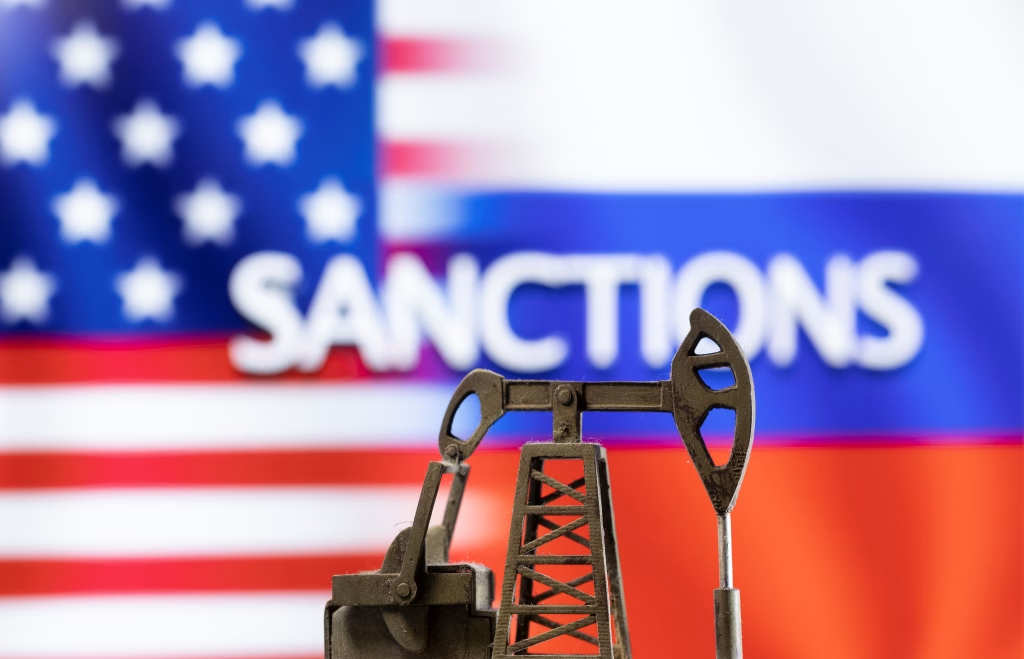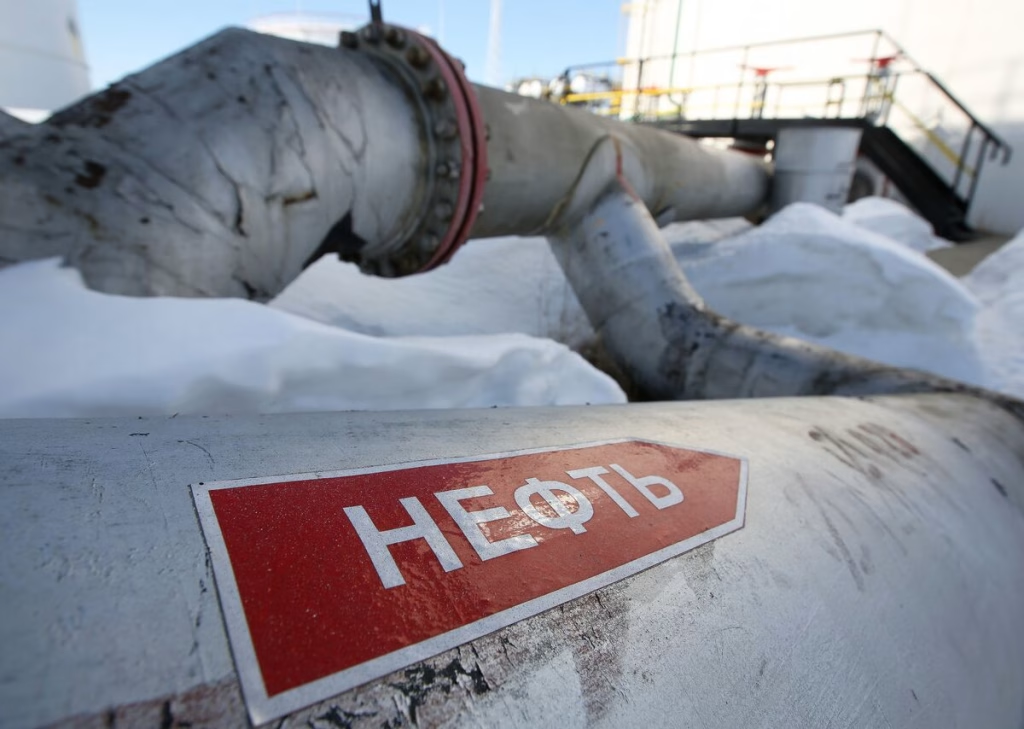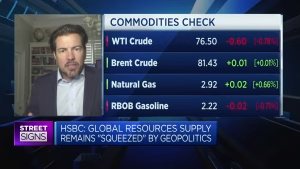Oil Prices Slips – In the dynamic world of commodities trading, oil prices frequently react to geopolitical events, economic policies, and market sentiment. Recently, the oil market experienced a notable decline prompted by rising skepticism regarding the United States’ commitment to enforcing sanctions against Russian oil. This article explores the factors contributing to this recent downturn and provides insights on what it might mean for traders and investors alike.

Oil Prices Slips on Skepticism About US Commitment to Russian Oil Sanctions
The oil market serves as a crucial indicator of global economic health, with price fluctuations often reflecting broader trends in supply and demand. Recent geopolitical tensions, particularly concerning Russia’s invasion of Ukraine, have led to a series of sanctions imposed on Russian oil exports by the United States and its allies. However, skepticism about the robustness of these sanctions has been growing, resulting in uncertainty within the market.
According to Reuters, the latest statistics indicated a decrease in oil prices, with benchmarks falling significantly as traders weighed the implications of potential policy shifts. As investors assess the longevity and sincerity of the sanctions, oil prices appear to have slipped, raising questions about future market dynamics.

Key Factors Influencing Oil Prices
- Geopolitical Tensions: The ongoing conflict in Ukraine continues to be a major driver of oil prices. The United States and European nations imposed sanctions on Russian oil exports to signal their disapproval of the invasion. However, the effectiveness and longevity of these sanctions remain in question. Reports indicate that Russia has adapted to these sanctions by selling oil at discounted prices to other countries, particularly in Asia.
- US Energy Policy: The Biden administration’s stance on energy is pivotal. While initial actions supported sanctions against Russia, critics argue that the US has not done enough to align its energy policy with these sanctions. The Wall Street Journal outlines how inconsistencies in U.S. energy policy could undermine the intended effects of the sanctions on the global oil market.
- OPEC’s Role: The Organization of the Petroleum Exporting Countries (OPEC) plays a significant role in influencing oil prices. OPEC’s production levels can affect global supply, which in turn impacts pricing. If OPEC decides to cut production in response to declining prices, this could help stabilize the market. However, if they maintain current production levels despite falling prices, the market may continue to face downward pressure.

oil prices news
Market Reactions and Investor Sentiment
Investor sentiment in the oil markets is particularly reactive to news and reports about geopolitical events and market forecasts. The skepticism surrounding the US commitment to enforcing sanctions has led to increased volatility in oil prices. According to insights gathered from Trading Economics, the uncertainty among investors is palpable, with many closely monitoring developments in both the geopolitical and economic landscape.
The fluctuating oil prices could lead to varying strategies among investors. Some may choose to hedge against further declines by investing in energy stocks, while others may take a more cautious approach, waiting for clearer signals regarding US policy and the effectiveness of sanctions.
Implications of Gasoline Prices
The decline in oil prices does not exist in a vacuum; it has real-world implications for consumers and businesses alike. Lower oil prices often lead to decreasing gasoline prices, which can positively impact consumer spending. According to the US Energy Information Administration (EIA), a decrease in gasoline prices historically correlates with increased consumer confidence and spending, which can stimulate economic growth.
However, for companies engaged in oil production, slipping prices present challenges. Smaller producers may struggle to maintain profitability, possibly leading to cutbacks in production and layoffs. This, in turn, can have downstream effects on the economy, particularly in regions heavily reliant on the oil industry for employment and economic activity.

The Path Forward: Future Considerations
As the oil market navigates this tumultuous landscape, several factors will play critical roles in determining its trajectory in the upcoming months:
- US-Russia Relations: Geopolitical developments and diplomatic negotiations could significantly affect future sanctions and, consequently, oil prices. A thaw in relations could lead to a re-evaluation of policies, while escalating tensions could exacerbate existing sanctions.
- Global Economic Recovery: The pace of recovery from the pandemic and subsequent economic stimulus measures worldwide will influence oil demand. Increased industrial activity, transportation, and consumer travel could bolster demand for oil and support prices.
- Sustainable Energy Movement: As the world moves towards greener energy alternatives, the oil industry faces additional pressures. The balance between a transition to renewable energy sources and maintaining oil production will play a crucial role in shaping future market dynamics.
Conclusion
The recent slip in oil prices driven by skepticism about the US commitment to Russian oil sanctions highlights the interconnectedness of geopolitical events and market responses. As the situation evolves, traders, investors, and consumers must remain vigilant. Staying informed about global developments and understanding their potential impact on oil prices is essential for navigating this complex and often volatile market.
For more insights into the latest developments in trading and market analysis, visit Trading Market Signals. Stay ahead of the curve in the ever-changing world of commodities trading.

Important Links for Further Reading:
With a thoughtful approach, traders can find opportunities even in times of uncertainty and volatility in the oil market.








